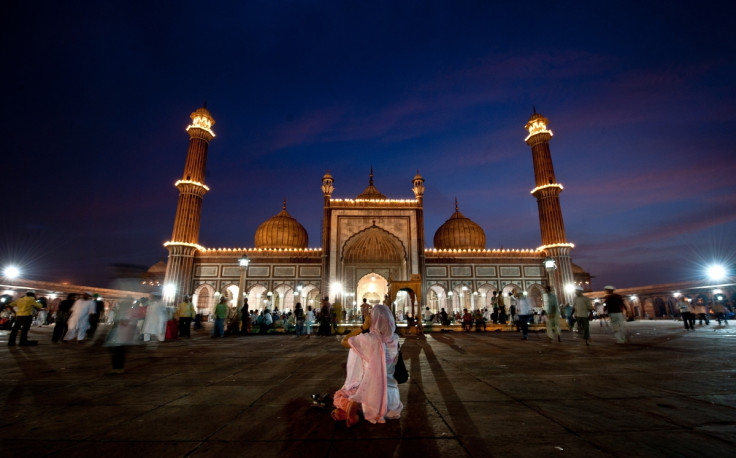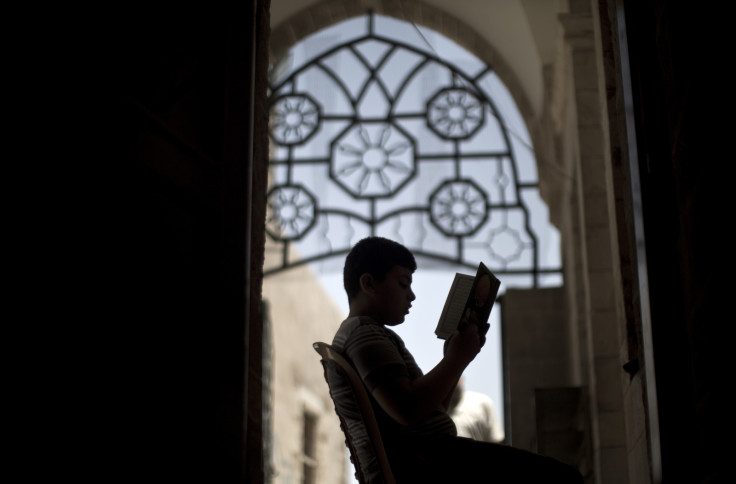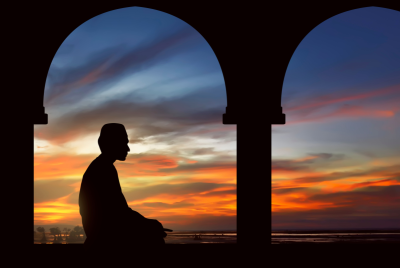Ramadan 2015: A short history of the Islamic holy month and fast

Islam is the world's second largest religion after Christianity with more than one billion followers. Around one million worshippers from over 180 countries will make the pilgrimage to Saudi Arabia for Ramadan and Hajj, two of the most important periods in the Islamic calendar.
Ramadan is the ninth month of the Islamic calendar and is observed by Muslims worldwide as a month of fasting to commemorate the first revelation of the Quran to Muhammad. This year, Ramadan begins on 18 June and lasts for 30 days. Fasting during the holy month is considered by many as spiritual development and a way to cleanse the soul, while gaining empathy for those who are less fortunate.
The Quran was revealed to the prophet Muhammad in 610 AD on the occasion known as Laylat al-Qadr, frequently translated as "the Night of Power", according to Islamic belief. In general, Laylat al-Qadr is believed to have occurred on an odd-numbered night during the last ten days of Ramadan, for example, the night of the 21st, 23rd, 25th, 27th or 29th.
Observance of Ramadan is mandated in the Quran, Surah 2, Ayah 185. "The month of Ramadan [is that] in which was revealed the Qur'an, guidance for the people and clear proof of guidance and criterion. So whoever sights [the new moon of] the month, let him fast it; and whoever is ill or on a journey – then an equal number of other days.

"Allah intends for you to ease and does not intend for you hardship and [wants] for you to complete the period and to glorify Allah for that [to] which He has guided you; and perhaps you will be grateful."
Fasting during Ramadan is one of the Five Pillars of Islam, a series of formal acts of worship that are fundamental to the lives of Muslims. The pillars include: Shahadah, sincerely reciting the Muslim profession of faith; Salat, performing ritual prayers five times a day; Zakat, paying a charity tax to benefit the poor and the needy; Sawm, fasting during the month of Ramadan; and Hajj, the pilgrimage to Mecca.
Sabiha Iqbal, from Bradford in West Yorkshire, explained to IBTimes UK that the holy month of Ramadan was introduced in three stages.
The first saw the option to fast or to not fast and feed others in need instead. In the second stage, fasting was made a religious obligation, but if the fast was not broken at sunset, a person could not eat until the following pre-dawn meal. In the third stage, Iqbal explains fasting as it is observed today.
"This was obligated through Qur'anic revelations in the Islamic month of Sha'bah, two years after the Muslims fled persecution and migrated from Makkah to the city of Madina. It was around 12 years after the first Qur'anic revelation began, and the 52<sup>nd year of Muhammad's life."
© Copyright IBTimes 2025. All rights reserved.



















